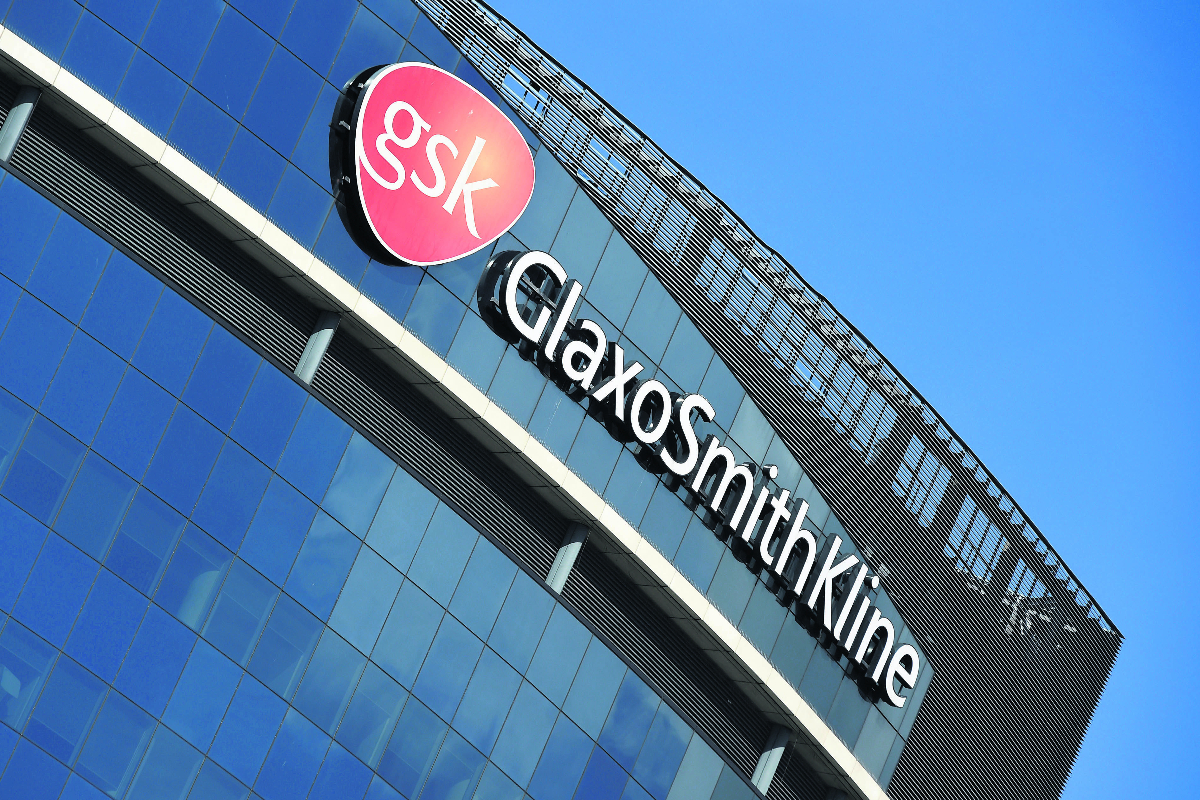Monday, June 03, 2024 at 1:00 p.m
GSK shares fell this morning after a US court ruled on Friday that it will have to face a jury trial over the potential cancer properties of its heartburn pharmaceutical Zantac.
On Friday, a Delaware judge allowed almost 80,000 lawsuits against the pharmaceutical company to proceed, arguing that the opinion of the company’s expert witness lacked scientific support.
The ruling could open the floodgates to further claims and expose GSK to tens of billions of dollars in potential liability and legal redress. By 2022, Morgan Stanley estimated the industry’s potential liability of up to $45bn (£35.3bn).
Following this decision, analysts have suggested that GSK’s liability could exceed $5bn (£3.9bn).
As investors processed the news, GSK shares were trading down as much as 10 percent in early deals.
Delaware Superior Court Judge Vivian Medinilla said instead, the strength of each side should be decided by a jury.
In her conclusion, Medinilla said: “In Delaware . . . courts entrust matters of science to scientists. . . it would be inappropriate to simply dismiss these experts as ‘presenters or hired witnesses’.
“Delaware courts do not want to get into the heart of the technical debate between opposing scientists,” she added.
Brent Wisner, who helped bring the cases in state courts in Delaware and California, said: “This case has always been about getting the science in front of a jury. . . Now the writing is on the wall. GSK, Boehringer Ingelheim and Sanofi will have to answer for their 40 years of misconduct.”
GSK decided to appeal the decision
GSK said today that it will appeal the decision, adding, “The decision does not mean that the court agrees with the scientific conclusions of the plaintiffs’ experts and does not determine liability.”
However, with GSK shares having lost nearly 10 percent of their value this morning, it appears the market is worried about its future liabilities.
Launched in 1988, Zantac was one of the first drugs to achieve over $1bn (£800m) in annual sales and was one of GSK’s flagship products, but was later sold to Pfizer and other pharmaceutical companies.
The drug eventually became the world’s best-selling pharmaceutical, but in 2019 several manufacturers pulled it from the shelves after a cancer-causing chemical called NDMA was detected in some doses.
Tests showed that ranitidine, the active ingredient in Zantac, could be converted to NDMA when exposed to heat.
However, GSK, Pfizer and other companies that own it say the drug has no cancer-causing properties.
“After 16 epidemiological studies looking at human data related to the use of ranitidine, the scientific consensus is that there is no consistent or reliable evidence that ranitidine increases the risk of any cancer,” GSK said today.
Zantac Total Liability
The US Food and Drug Administration eventually asked the manufacturers to withdraw Zantac from the market in 2020.
Currently, GSK and other pharmaceutical companies that have owned the rights to the drug are facing almost 80,000 cases against them in Delaware, along with 4,000 in California and another 2,000 spread across the US.
However, before last week’s ruling, the company had some success in getting cases out. For example, in Florida, a federal judge dismissed about 50,000 lawsuits against the company.
Last month, in the first case to go before a jury, GSK and one of its colleagues won a case in Illinois.
“The state court’s decision conflicts with the federal court’s MDL decision under the same legal standard, which dismissed all cases alleging five types of cancer,” GSK said in a statement today, referring to the earlier ruling.
In another case last month, lawyers for Angela Valadez, 89, asked a jury in Chicago for a £500m payout from GSK after she claimed her cancer was the result of taking Zantac without a prescription between 1995 and in 2014.
The FTSE 100 group won the case, but it showed the scale of the potential damages GSK faces.
Analysts at JPMorgan said this morning there is a 50 per cent chance of a $5bn (£3.9bn) Zantac liability. Citi analyst Peter Verdult put the bill at between $2bn (£1.6bn) and $3bn (£2.4bn).
Redburn Atlantic has said the litigation “will be settled for a figure much smaller than that implied in the share price, ie $10-15bn (£7.9bn to £11.8bn). She expects the figure to be about a tenth of that.
City AM understands that GSK has not set aside any provision for liability beyond the legal costs of defending the court case (£45m).
He added that the decision had no impact on its investment plans or capital allocation policies.
AJ Bell investment director Russ Mold said: “Investors had reached a point of comfort with GSK’s Zantac case, as a series of lawsuits in the US linking the heartburn drug to cancer appeared to be winding down.
“However, a judge in Delaware has taken a major step forward by giving the green light for 70,000 cases to move forward and allowing expert witnesses to testify in court that the drug can cause cancer…in the short term it only spills more uncertainty over the investment case,” added Mold.
